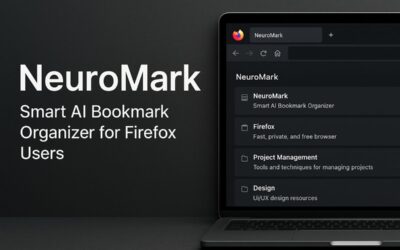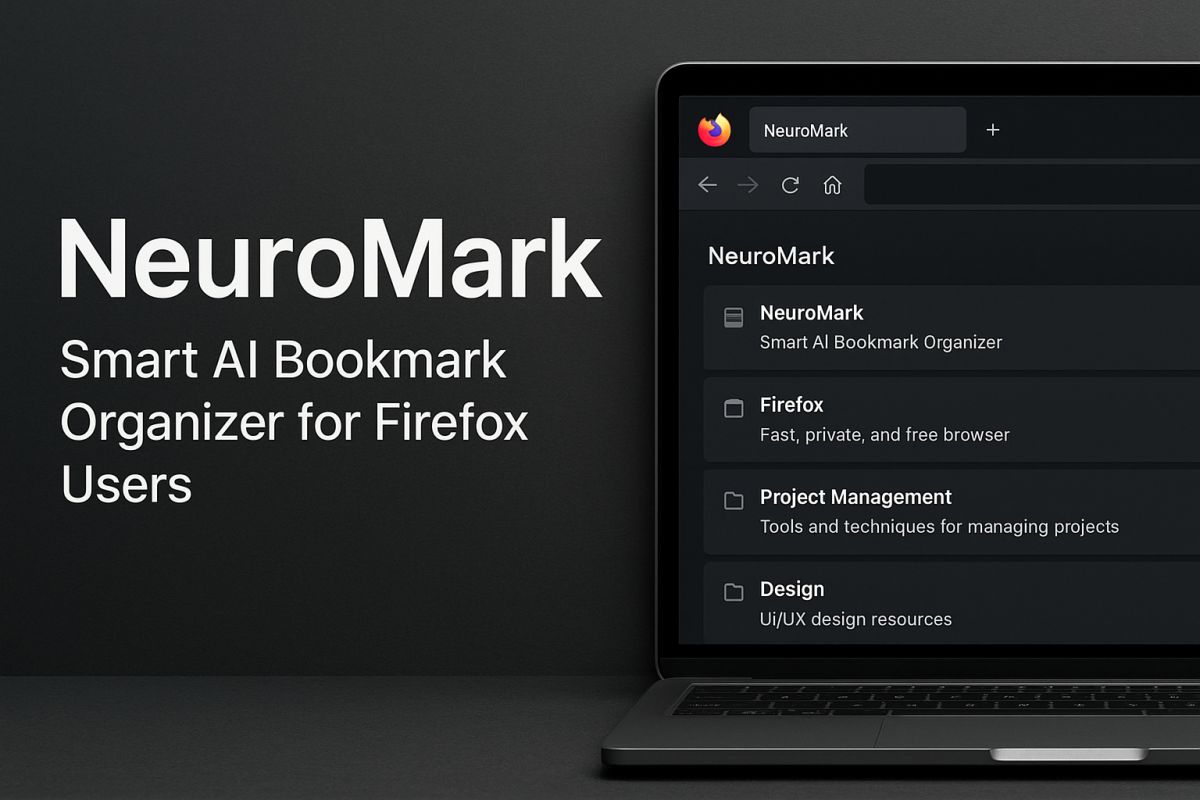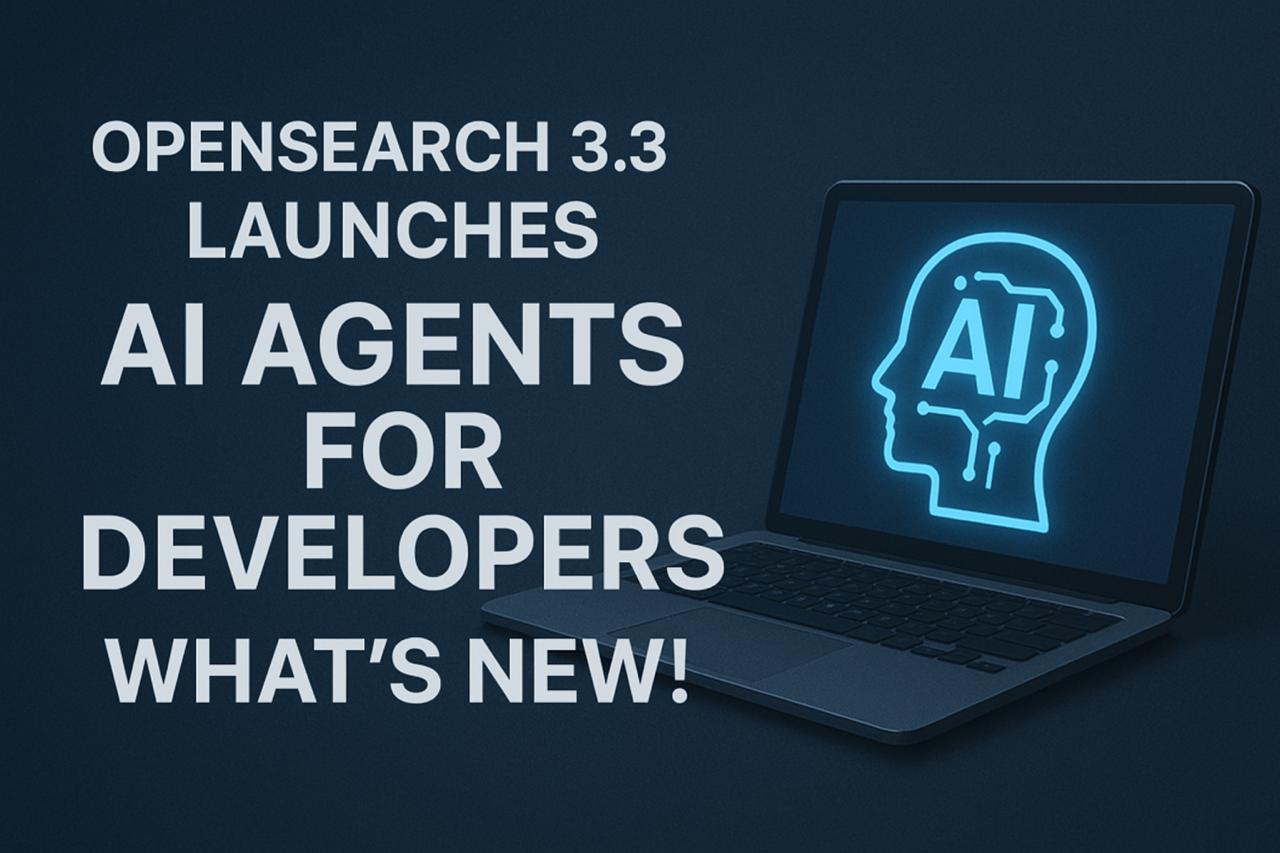Future-Proof Your Machine Learning Career in a Fast-Changing Industry

In today’s tech-driven world, the key to future-proofing your machine learning (ML) career is continuous learning, diversifying your skill set, and staying aligned with emerging trends. As the ML industry rapidly evolves, professionals must embrace adaptability, focus on real-world applications, and actively build domain expertise to remain competitive and relevant.
Why the ML Industry Is Changing So Rapidly
Machine learning is not just a specialized niche anymore; it’s a core enabler for a wide array of industries including healthcare, finance, marketing, robotics, and more. With the rise of automation tools, the democratization of AI through platforms like OpenAI and Google Cloud, and constantly evolving algorithms, the pace of change is exponential.
Moreover, companies are increasingly seeking professionals who can not only develop models but also understand how to implement them in real-world business environments. This blend of technical and strategic insight is now more critical than ever.
Core Strategies to Future-Proof Your ML Career
1. Commit to Lifelong Learning
The ML field is continuously evolving, so staying stagnant can quickly render skills obsolete. Regularly take courses on:
- Advanced deep learning
- MLOps and model deployment
- Reinforcement learning
- Generative AI and LLMs
Platforms like Coursera, edX, Udemy, and specialized platforms like DeepLearning.AI offer valuable, up-to-date resources.
2. Strengthen Your Math and Programming Foundations
While tools and frameworks evolve, core skills like linear algebra, calculus, statistics, and programming (especially Python) remain foundational. A solid mathematical understanding helps you adapt to new algorithms and model types with confidence.
3. Develop Domain Expertise
Generic ML skills are no longer enough. Employers are looking for professionals who can apply ML in specific contexts such as healthcare, fintech, or logistics. Gaining domain-specific knowledge makes your work more impactful and sets you apart.
4. Focus on Real-World Problem Solving
Shift from building academic or toy models to solving tangible business problems. Projects that improve customer experience, reduce operational cost, or enhance product performance demonstrate the value of ML to stakeholders and increase your job security.
5. Master Deployment and Production Skills (MLOps)
Machine learning doesn’t stop at model training. Learning how to deploy, monitor, and scale models in production (MLOps) is essential. Tools like Docker, Kubernetes, MLflow, and cloud services (AWS, Azure, GCP) are must-knows.
6. Build a Strong Professional Network
Join AI/ML communities, attend webinars, contribute to open-source projects, and engage on platforms like GitHub, Stack Overflow, or LinkedIn. Networking opens up new opportunities, collaborations, and keeps you aware of industry shifts.
7. Stay Current with Trends and Research
Read research papers, follow influential ML researchers on social media, and subscribe to newsletters like The Batch or Towards Data Science. Understanding upcoming trends like federated learning, edge AI, and explainable AI (XAI) gives you a competitive edge.
8. Work on a Diverse Portfolio
Showcase a wide range of projects on GitHub or a personal portfolio site. Include classification, NLP, computer vision, time-series analysis, and production-level deployments. Recruiters value diversity in your project experience.
Tools and Technologies You Should Know
To stay relevant, get hands-on with the following tools and frameworks:
- Frameworks: TensorFlow, PyTorch, Scikit-learn
- Data Tools: Pandas, NumPy, SQL
- Deployment: Docker, Flask, FastAPI, Kubernetes
- Cloud: AWS SageMaker, Google AI Platform, Azure ML
- Version Control & CI/CD: Git, GitHub Actions, Jenkins
Future Trends to Watch
- Generative AI: GPT, DALL•E, and diffusion models are redefining content creation.
- Responsible AI: Ethical ML, bias detection, and fairness are critical in production use.
- AutoML: Automation tools will handle basic ML workflows, raising the bar for human contribution.
- Edge AI: Deploying models on mobile and IoT devices will see significant growth.
- Federated Learning: Privacy-preserving models trained across distributed systems are gaining popularity.
Final Thoughts
Future-proofing your ML career is not a one-time effort but a continuous journey. By learning proactively, building versatile skills, staying informed about trends, and gaining real-world experience, you can ensure long-term success in a highly dynamic and rewarding field.









